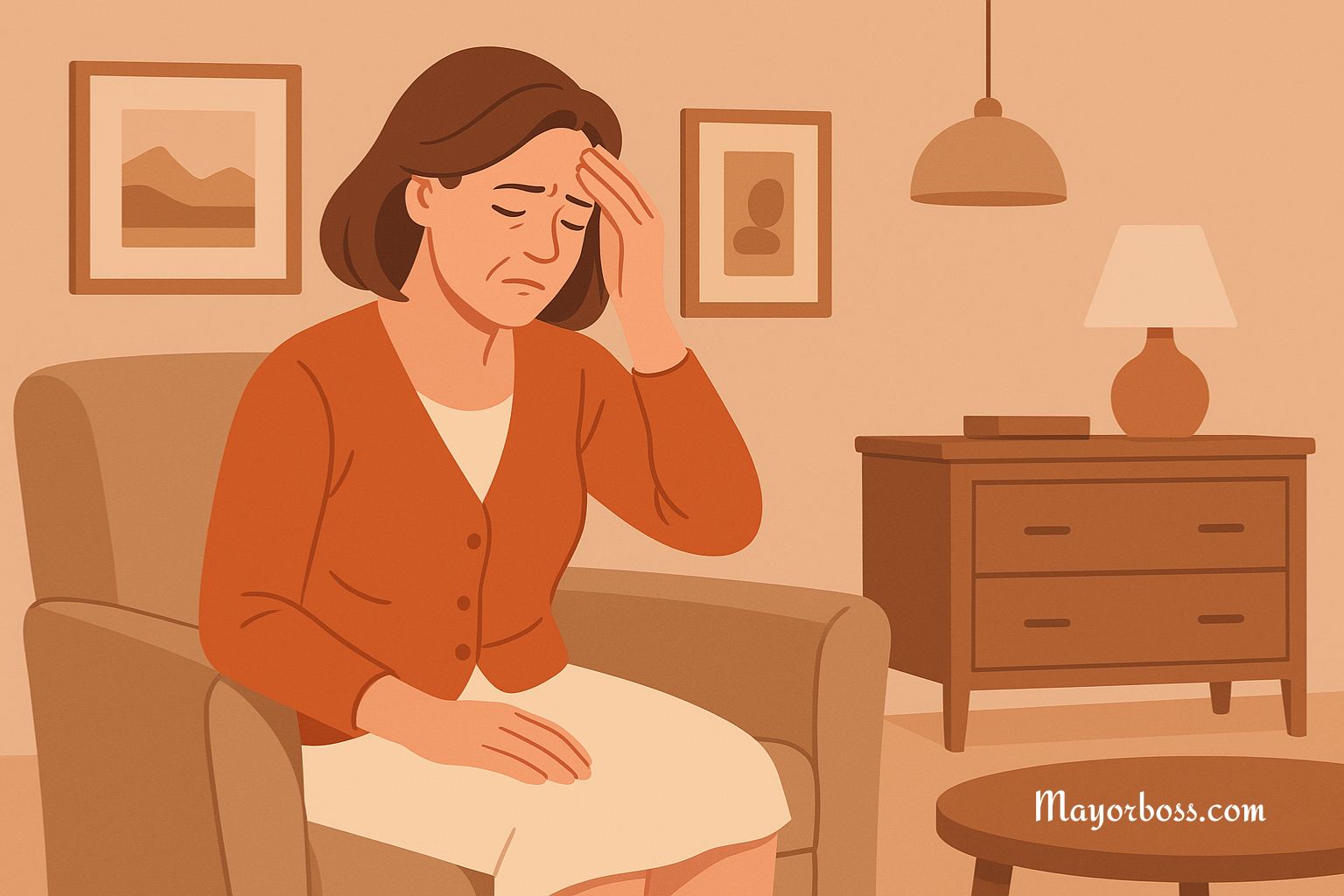Don’t Ignore These Symptoms of Hypertension
Watch out for headaches, fatigue, shortness of breath, and chest pain. Hypertension, also known as high blood pressure, might seem like a minor condition compared to something like heart attacks or stroke, but it’s not something to overlook. According to the World Health Organization, nearly 1.13 billion people worldwide have hypertension, and many don’t even know it.
Hypertension affects the circulatory system, causing your heart to work harder to pump blood throughout your body.
However, hypertension manifests differently in every person, and its severity can range from mild to life-threatening, making a diagnosis crucial yet occasionally challenging.
Not everyone with hypertension displays the same symptoms,” notes family doctor Natalia Hapych, MD. “And there isn’t a ‘one-size-fits-all’ test to confirm a hypertension diagnosis.”
That said, certain symptoms should trigger your attention and warrant a doctor’s visit.
If you’re experiencing persistent headaches, constant fatigue, difficulty breathing, or chest pain, these symptoms could be potential early signs of hypertension.
Time is of the essence when it comes to handling hypertension. If you do have it, initiating treatment sooner rather than later can tremendously help you control your symptoms better and prevent serious complications such as stroke or heart attack.
Dr. Hapych shares some key symptoms to look out for.
What are the early signs of hypertension?
There are four potential early signs of hypertension that you shouldn’t ignore.
Persistent headaches
Headaches can stem from various causes, but if you notice a pattern of frequent, unexplained headaches, it may be time to check your blood pressure.
Patients often describe it as a consistent, dull headache, primarily located at the back of the head,” notes Dr. Hapych.

Constant fatigue or confusion
We all have days when we’re not at our best, but if you’re constantly tired or confused, it might be more than just daily stress or lack of sleep. These symptoms can indicate high blood pressure and should not be dismissed.
Difficulty breathing
Trouble catching your breath after minimal physical exertion, like walking a short distance, climbing stairs, or carrying groceries, could be a sign of hypertension. Don’t brush it off as simply being out of shape.
Chest pain
This is a more severe sign and should prompt immediate medical attention. Chest pain could indicate dangerously high blood pressure or even a heart condition.
Nosebleeds
Nosebleeds are usually harmless and can be caused by dry air or nose-picking. However, frequent and unexplained nosebleeds may be associated with high blood pressure.
Are symptoms caused by hypertension or something else?
“Signs of hypertension can persist over a period of time,” Dr. Hapych says.
Moreover, the chronology of symptoms – how quickly they appear or persist – can provide crucial information for your doctor to determine whether hypertension or another condition is the cause.
For instance, the signs of hypertension can be either acute or chronic, meaning they may appear suddenly or develop slowly over time.
“Hypertension can be a silent killer – its symptoms can appear subtly over weeks or months,” she adds.
Who is most at risk for hypertension?
Hypertension can affect anyone, regardless of age or gender. However, it’s more common in adults over the age of 35 and affects men more than women.
Factors such as a family history of hypertension, obesity, tobacco, and alcohol use, lack of physical activity, and a diet high in salt and low in fruits and vegetables can increase the risk,” says Dr. Hapych.
Other potential signs or symptoms
A high percentage of people who see doctors for headaches, fatigue, and chest pain might not have hypertension, notes Dr. Hapych.
So, she advises a careful balance between screening for hypertension and avoiding unnecessary alarms for the patient.
However, research indicates that individuals tend to use more medical care in the months leading up to a hypertension diagnosis. These visits often revolve around nonspecific symptoms like:
- Difficulty sleeping.
- Excessive sweating at night.
- Nervousness or anxiety.
- Irregular heart rhythms.
- Sweating of feet and legs.
Further research is needed to definitively link these nonspecific symptoms to hypertension, though.
When it comes to hypertension, early diagnosis is paramount. And because hypertension can sometimes be hard to diagnose, it’s important to rely on a primary care doctor or a cardiologist who specializes in hypertension.
Treatment focuses on managing your symptoms, preventing any complications, and slowing hypertension progression. Options include medications, lifestyle modifications, and regular monitoring of your blood pressure.
Lifestyle changes like eating a balanced diet, regular exercise, avoiding smoking, and limiting alcohol can also help significantly.
“We aim to identify those with hypertension as early as possible because we know they will truly benefit from early treatment,” says Dr. Hapych.
Further Reading: 10 Ways to Prevent High Blood Pressure






